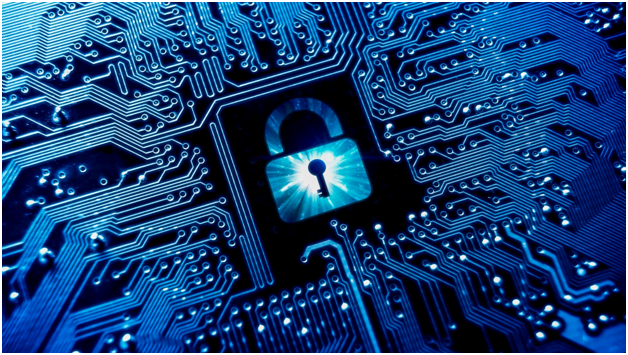
In today’s digital age, random cyber-attacks like ransomware, worms, or trojan are making big news all over the world. We will discuss in this article how you can protect yourself from cyber-attacks and cybercrime in general. In 2007, a wild scale cyber-attack hit at least 200,000 people all over the world. Over 150 countries have been a victim of attacks, with the UK’s NHS being the most affected.
At least 12 Scottish health boards, including ambulance services, became a victim of cyber-attack. Because of this event, it causes fear and panic in the internet security world across the country. One month after the cyber-attack, another global ransomware attack caused panic for companies all over the world. Just like what happened a month ago, a virus hit computers, and demand users to pay a random amount using cryptocurrency, Bitcoin.
(To know more about the cyber-attack on UK’s NHS, visit https://www.nao.org.uk/report/investigation-wannacry-cyber-attack-and-the-nhs.)
How can you protect yourself from these attacks?
These cyber-attacks have wreaked havoc and made people worried, thinking they could be the next target. If companies with dedicated IT department have been a victim of these attacks, there is no reason their computers will be the next target of these hackers. Although home-users have a lower risk of being a target, a lot of users are still vulnerable to getting caught out by the viruses, cyber-attacks, and internet scams.
Should people pay the hackers a ransom if they infected their computers? The answer is a big NO! Do not pay the ransom. Giving into the hacker’s demands will only give them more reason to make the attack again. You need to remember that these people are criminals, thieves, there’s no guarantee that they will provide you with your files back once you paid them.
The good news is, until now, only a handful of people has surrendered to the demands of the hackers. The best way to protect your computers from this malware is to use a virtual private network or VPN. The best UK VPN available in the market today may be a bit expensive, but it can mask your IP address to potential hackers and cyber-criminals
What is ransomware?
Ransomware or Computer image 906px wide Ransomware is a malicious program that locks or blocks the access to the computer data or files until the owner of the files will pay the amount or ransom set by the hackers. Once these programs infected the computer, the user’s access to the data is diminished, and a message on the computer will notify the user every detail on how they can pay for the recovery.
During the latest worldwide cyber-attack, it was done through “WannaCry” malware, which can easily infect vulnerable units within their network. Once the computer is hijacked, the hackers demanded at least $300 or £230 worth of crypto-currency Bitcoin, with threats that if the ransom is not paid in one week, all their data will be lost forever.
Always prioritize the security of your computer.
You have to install the latest updates of your malware protection and anti-virus in your computer. It’s a little bit annoying to be bombarded by updates in your phone and your computer, it is imperative to run these malware and anti-virus updates to your operating system to patch any holes in your security.
In these last cases of hacking and cybercrime, the malware spread fast from device to device by taking advantage of the loophole in the computer’s security system of Microsoft’s Windows OS’ older version. The malware should have been prevented if the user updated the latest version of Windows.
Backup your files regularly
If push comes to shove and this cyber-attack targeted your computer, you can quickly get access to your data safely stored anywhere. Devices like an external hard drive and portable USB flash drives with enough memory to store all your files are now cheaper compared before. It can save you a lot of money and sleepless nights in the long run.
(Click here to know more about how to back up your computer files properly.)
Be careful with the emails you are clicking.
The easiest way a virus or a malware can catch people is by clicking the links in unexpected emails or downloading infected attachments. Hackers can easily do infected links, and they appeal to people’s interest, that’s why it is easy to bait innocent users. It is called phishing. It may be safe and honest looking site, but the consequences are very catastrophic for your computer’s security system.
Let’s make it simple, don’t click any emails with hyperlinks or download an attachment if you don’t know the sender. Do not give out personal information like name, address, phone numbers, birthday and social security number of unsolicited emails. Some hackers trick unsuspecting victims into thinking that they are clicking a legitimate website and entering their details into the site.
Instead, they are sending all the necessary information to the scammers who can use it to steal their identity and steal their money. Legit senders like phone companies, banks, or credit card company will not ask their clients for any security details or transfer money into other accounts using emails. You need to make sure that the anti-virus product on your computer is up to date.
You also need to run a complete scan of your computer at least once every other day. If you don’t have the full version of the malware protection or anti-virus product, you can install the trial version for free from a respectable and known vendor.
